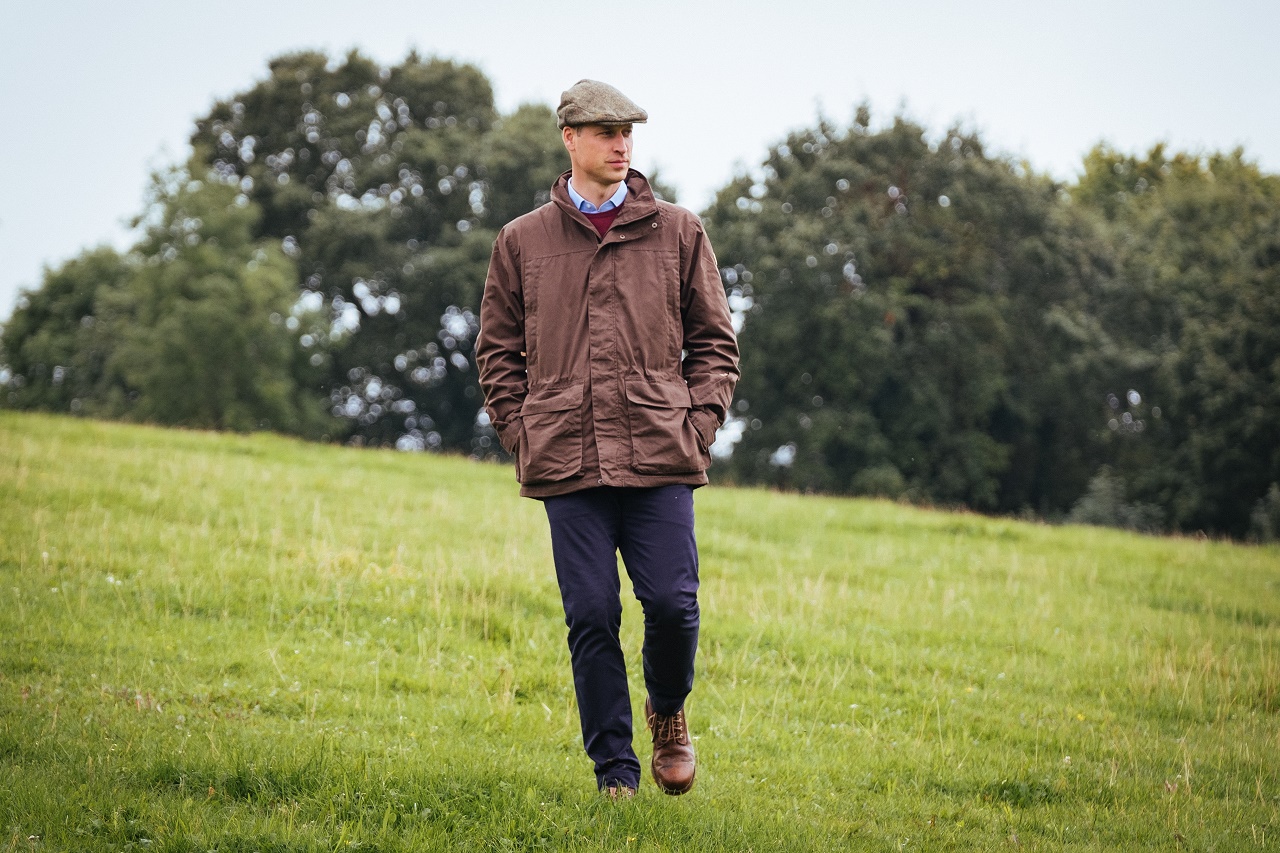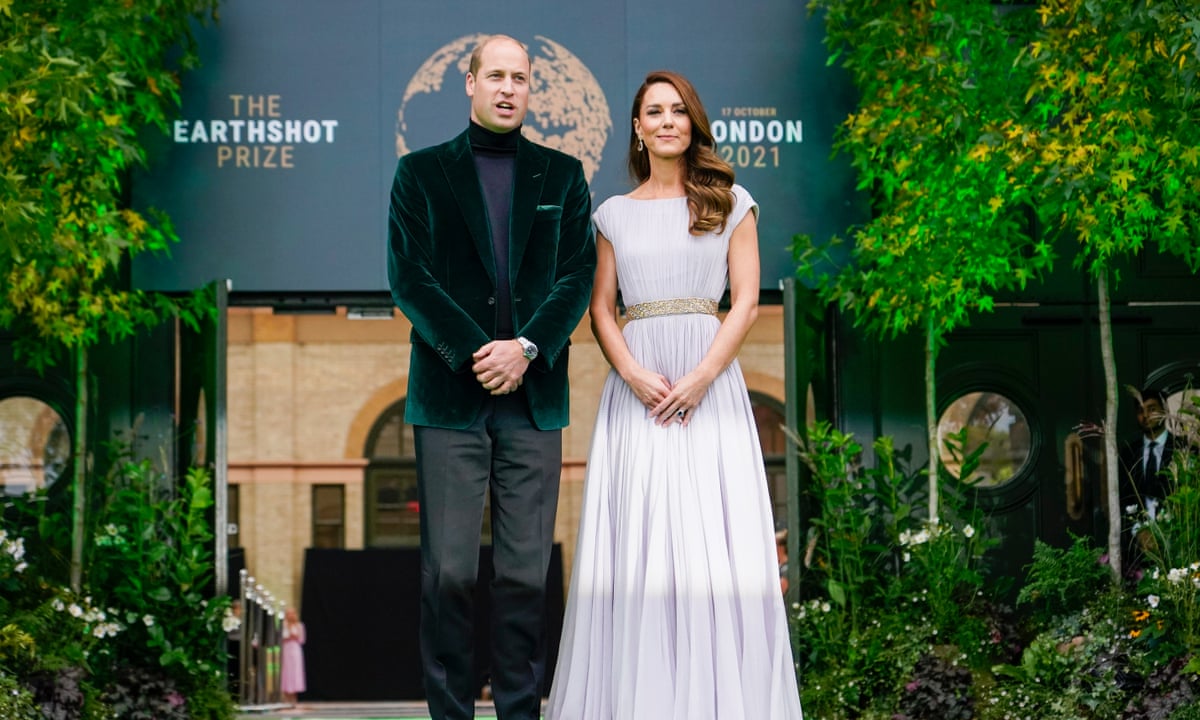A recent report has revealed that Prince William’s flights to New York City in September last year were funded by British taxpayers, despite the prince having access to millions of pounds from the Duchy of Cornwall. The revelation has raised eyebrows and questions about the use of public funds for royal travel, particularly when the trip was primarily for charitable events.
Duchy of Cornwall: A Historic Estate Providing Private Income
The Duchy of Cornwall, established in 1337, is a vast historic estate that generates significant profits. These profits are traditionally used to provide the eldest son of the monarch with a private income. Last financial year, Prince William received a substantial sum from these surplus profits, yet public funds were still used to cover his travel expenses to New York.

Sovereign Grant Report Unveils Royal Expenditure
The details of Prince William’s publicly funded travel were made public in the annual Sovereign Grant Report, which outlines the official expenditure of the British monarchy. In a section dedicated to royal travel, it was disclosed that William’s commercial flights to and from New York City in September 2023 were funded by the Foreign, Commonwealth, and Development Office (FCDO), a government entity supported by taxpayer money.
The official justification for the trip, according to the report, was to “visit New York during The General Assembly.” However, the main focus of the trip appeared to be attendance at an event linked to Prince William’s Earthshot Prize, raising questions about the necessity and funding of the visit.
The Earthshot Prize Summit: A Charitable Venture
Kensington Palace announced Prince William’s trip to New York with a press release titled: “The Prince of Wales will visit New York to attend The Earthshot Prize Summit.” The Earthshot event, coinciding with Climate Week NYC and the U.N. General Assembly session, was part of William’s eco-initiative launched in 2022 in partnership with Bloomberg Philanthropies. The summit aimed to gather eco-advocates to discuss and scale up environmental projects and announce finalists for the upcoming Earthshot awards.

In its announcement, Kensington Palace outlined a range of events Prince William would attend during his stay in New York. These included additional meetings and events related to The Earthshot Prize and environmental initiatives, as well as a visit to the United Nations to meet with the U.N. Secretary-General and other global leaders.
Public Outcry and Criticism
The revelation that Prince William’s flights were funded by taxpayer money has sparked criticism and debate over the appropriateness of using public funds for royal travel, particularly when the primary purpose of the trip was a charitable event.
Engagements in New York
During his two-day visit to New York, Prince William participated in five key engagements:
- Visit to an Oyster Environmental Project: An initiative focused on restoring oyster reefs and enhancing marine ecosystems in the New York area.
- Meeting with U.N. Secretary-General António Guterres: A discussion on global environmental challenges and collaborative efforts to tackle climate change.
- Audience with Ecuador President Guillermo Lasso: Conversations centered around environmental conservation and sustainable development.
- Earthshot Prize Innovation Summit: An event dedicated to recognizing and supporting innovative environmental solutions.
- Visit with New York’s First Responders: A gesture of appreciation and engagement with local emergency service workers.
Graham Smith’s Critique
Graham Smith, CEO of Britain’s leading anti-monarchy group Republic, expressed strong disapproval of the decision to use taxpayer money for Prince William’s flights. In an interview with Regalrumination.com, Smith questioned the necessity of the trip and the appropriateness of public funding for what he perceived as a non-essential visit.
“The foreign office is paying for a charity to have their patron attend an event,” Smith argued. “They shouldn’t be paying for him to go anywhere where there’s no particular need for him to go. This particular visit raises questions of conflicts of purpose in terms of what he was really there for. And did he really need to meet anybody at the U.N.?”

Smith further criticized the prince’s reliance on public funds, especially given the substantial income he receives from the Duchy of Cornwall. “I think that if we are paying that, then of course he ought to be funding his own travel when it’s not essential government business,” he insisted. “And particularly when it’s claimed that he uses this money to support his charity work and yet won’t spend it to have a trip over to New York in order to attend a charity event.”
Calls for Accountability
The issue has raised broader questions about what constitutes “essential” royal travel and whether public funds should be allocated for trips primarily related to personal or charitable pursuits. Critics argue that royals, particularly those with substantial personal wealth, should bear the costs of travel for non-official engagements.
Royal Duties and Travel
Prince William regularly undertakes domestic and international visits as part of his royal duties. These engagements often involve a mix of official government business, charitable activities, and private interests. However, the use of public funds for travel has become an increasingly scrutinized aspect of royal life.
A Year of Reduced Travel
This year, Prince William’s travel schedule has been notably reduced, in part due to Princess Kate’s commitments and responsibilities, which were publicly announced in March. This makes the decision to use public funds for the New York trip even more contentious in the eyes of some observers.
A Debate Over Royal Finances
The recent report on Prince William’s government-funded travel to New York highlights ongoing debates about the financing of royal activities and the appropriate use of public funds. As discussions about the monarchy’s role and responsibilities continue, questions about transparency and accountability in royal expenditures are likely to persist.
The controversy surrounding Prince William’s trip serves as a reminder of the delicate balance between public duty and private privilege, and the need for clear guidelines on the allocation of taxpayer money for royal engagements. As the monarchy evolves in the modern era, these issues remain at the forefront of public discourse, inviting scrutiny and calls for reform.




